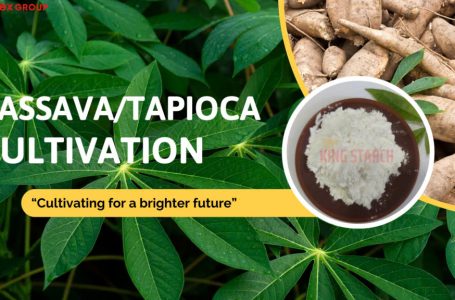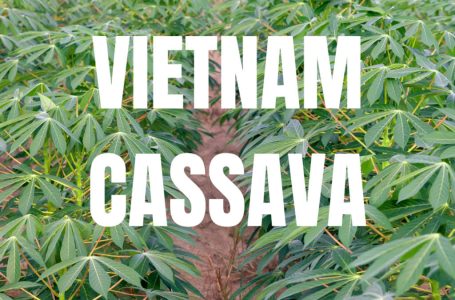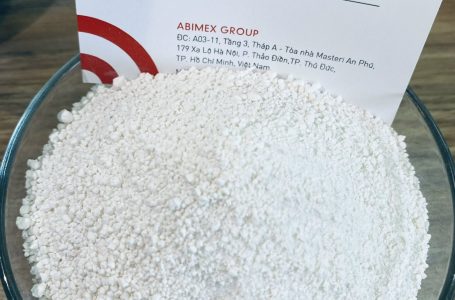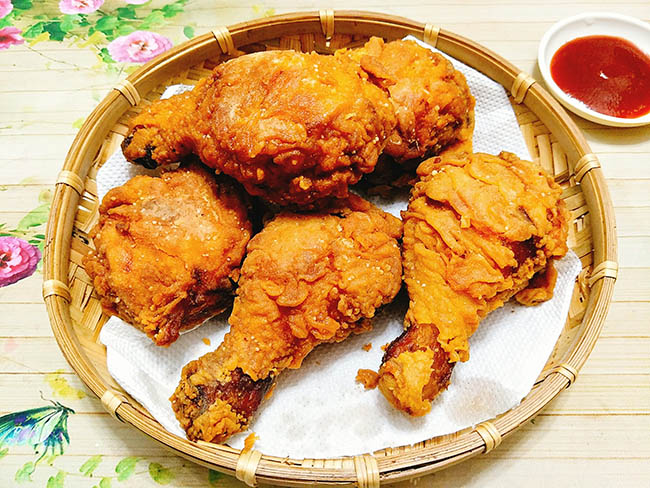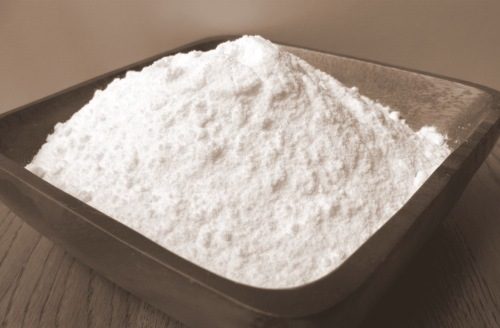
1. Food
Tapioca starch are widely processed for food. The starch also serves as thickener for soups and pies. Note that the food use of cassava varies from region to region. Below are some functions of tapioca in food:
Fillers: Increases solids content in canned soups, ice cream, fruit preservatives, pharmaceuticals …
Attachments: Mount products and prevent drying during cooking such as sauces and meat preservation, …
Stabilizers: Use good water retention properties of starch as used in creams, baking powders ….
Thickener: Using viscous properties, used in soups, baby food, sauces, sauces …
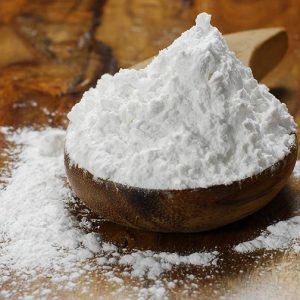
2. Adhesive
The starch from cassava is often extracted and gelatinized in hot water or chemical solutions, for the production or manufacture of natural adhesive.
Also, with further processing, tapioca starch can be modified to manufacture the corrugated cardboard used in making cartons. For effective use, medium quality flour with moderate pulp content is used as raw starch set against multiple layers of board. Then, intense heat from hot rollers in the factory is used to effect the gelatinization of the raw starch to achieve a strong bond.
Depending on the manufacturing process, starch can be used in various ways. There is starch applied to postal stamps, envelop flags and wall papers. Starch is also used heavily in book publishing – for printing and in creating arts such as montages, mosaics and papier-mache.
Five years ago, Mr. Smith, one of our customers, posted information to find a supplier of cassava starch to cooperate. And luckily we found and got in touch him. During the discussion, we were quite surprised to know that he wanted to buy tapioca starch to make detergents. Before that, none of our customers had used it for that purpose. However, we persisted in discussing, and after repeatedly sending samples to Mr. Smith to make the trial detergents, both sides succeeded. And we’ve been partners for 5 years.
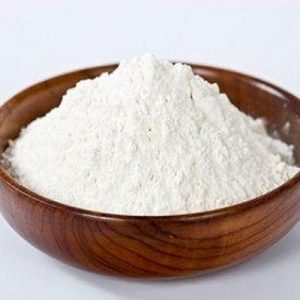
3. Laundry Products
Tapioca starch is also used in manufacturing a number of laundry products, especially as fabric starch. After processing, this starch is packaged for domestic use. You can then dilute with water and spray over clothe while ironing. In some areas, the clothing item to be starched is dipped in a bowl of water containing starch. Thereafter, the fabric is hung to dry without squeezing.
Also, tapioca starch is often used in the soap making industry to make detergents. This is because it has proven effective in preventing dirt from being re-absorbed into the fabric it is washed out from. Apart from this, dry cassava powder or paste can be applied directly to fabrics as stain remover. After it dries up, you can brush it off.




